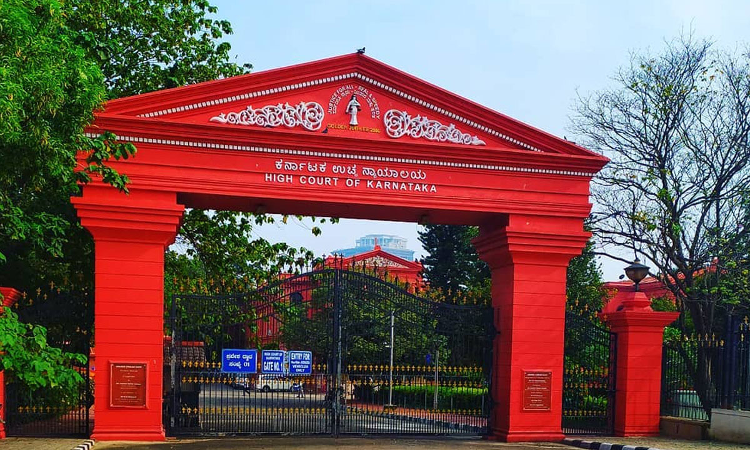Karnataka High Court Strikes Down State Govt's Power To Regulate Fees For Unaided Private Schools
Mustafa Plumber
16 Jan 2023 5:32 PM IST

Next Story
16 Jan 2023 5:32 PM IST
The Karnataka High Court has held that state government cannot interfere and control the fee structure of private unaided educational institutions. It thus declared as ultra vires Section 48 of the Karnataka Education Act 1983 which prohibits private unaided schools from collecting fee in any manner except as prescribed by the State governmentA single judge bench of Justice E S Indiresh...
